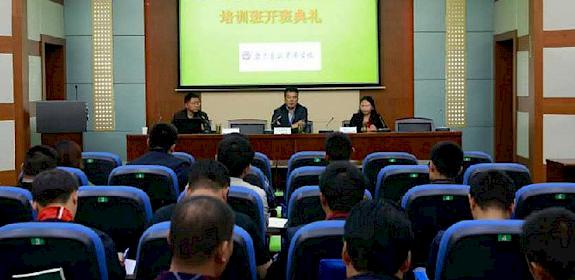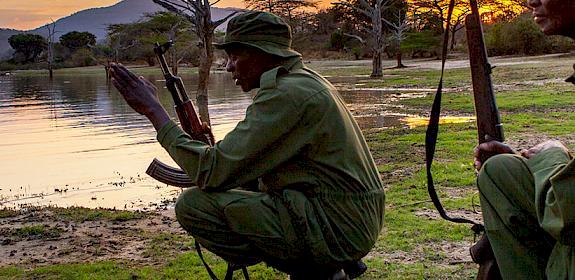Delay to new penal code in Viet Nam is major blow to fight against wildlife crime
Hanoi, Viet Nam, 1st July 2016—In a serious set-back to Viet Nam’s efforts to crack down on wildlife crime, the authorities have postponed the enactment of a new penal code that was due to come into force today, which would have enhanced efforts to tackle rampant poaching and wildlife trafficking.
The new penal code represents a significant advance in relation to wildlife crime with stricter penalties for people found guilty of illegally killing wildlife as well as illicitly trafficking wildlife or wildlife products. In addition, the code no longer defines the seriousness of a crime solely by monetary value, but also by the weight or number of illegal wildlife products seized, making it far easier to prosecute offenders.
Critically, the regulations also protect rare and endangered species that are not indigenous to Viet Nam, which will enable the country – long regarded as a major transit hub in the global illegal wildlife trade chain as well as an important source and consumer country – to play a more significant role in international efforts to end wildlife crime.
“WWF and TRAFFIC regret the last minute postponement of the new penal code because wildlife criminals would have faced far stricter penalties,” said Dr. Van Ngoc Thinh, Country Director of WWF-Vietnam. “However, the delay allows for revisions to the code, which could further strengthen the anti-poaching and trafficking regulations.”
Inadequate enforcement of current laws has enabled wildlife crime to flourish. The Convention on the International Trade in Endangered Species of Wild Fauna and Flora (CITES) requires Viet Nam to demonstrate greater commitment to stamping out the illegal trade in rhino horn – as the country is the world’s largest consumer – and report back on its progress at the organisation’s next meeting in South Africa in September.
Meanwhile, the Wildlife Justice Commission has submitted a dossier to the Vietnamese government regarding an organised criminal network engaging in transnational trade in wildlife products from many endangered species, including rhino horn, ivory and tiger parts.
However, there is increasing high level political will in Viet Nam to tackle the serious threat posed by wildlife crime. Last year, Viet Nam endorsed the historic UN General Assembly Resolution against wildlife trafficking, and it will host an international conference on illegal wildlife trade in November.
Furthermore, Secretary General of the Communist Party of Vietnam, Nguyen Phu Trong, and US President Barack Obama jointly referred to illegal wildlife trade as a “security threat”, listing it alongside other critical concerns such as economic cooperation, human rights, and climate change.
“TRAFFIC welcomed the new penal code since it recognizes the seriousness of wildlife crime and hope it comes into force as soon as possible, but there were some areas of weakness that can hopefully now be addressed,” said Madelon Willemsen, Head of TRAFFIC’s Viet Nam Office.
“But combatting the illegal wildlife trade is not solely about crime and punishment, which is why TRAFFIC and WWF are working to instil a culture of corporate social responsibility and environmental protection throughout Vietnamese society. The new penal code, combined with generating a zero-tolerance to wildlife crime through behaviour change initiatives such as the Chi Campaign, could go a long way towards reducing Viet Nam’s role in national and international wildlife crime,” added Willemsen.




